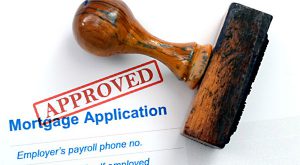
December 8, 2016
FHA Loan Assumption Processing Fees
One of the benefits of FHA home loans is the ability to let another person assume the loan, with the participation of the lender. Most FHA loans today may be assumed by another person as long as the lender is involved in the process. Loan assumptions do have closing costs, including a processing fee. The FHA official site has announced changes in the processing fee structure for FHA loan assumptions. According to FHA Mortgagee Letter 2016-24, the agency’s maximum fee of $500 for processing an assumption where a credit check is required hasn’t been modified, “since it was established in the now superseded Handbook 4330.1 REV-5, Section 4-4A.2, dated September 29, 1994. As mortgagee expenses have risen since the maximum processing fee was established, it is appropriate to establish a | more...









